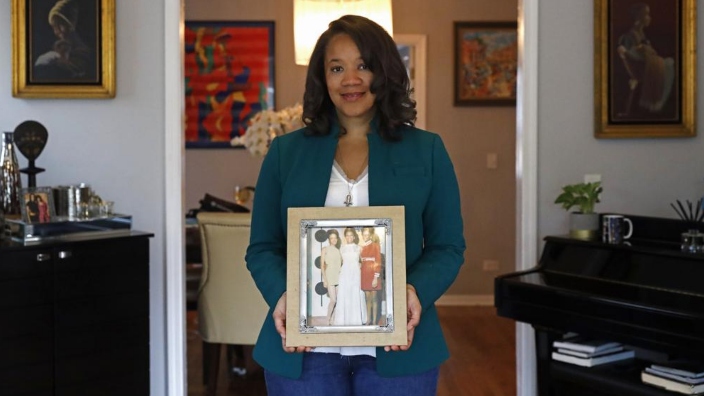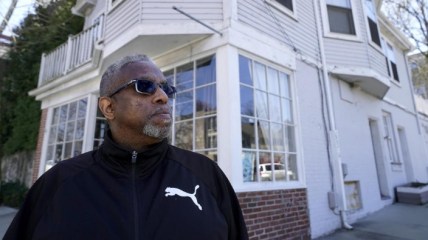Evanston planned $20M for reparations, spent only $400K and helped 16 people
About 400 Black residents were set to benefit from the $25,000 housing voucher program, which local officials called the first phase of the Evanston Reparations Committee initiatives.
The Chicago suburb of Evanston initially set aside $10 million for reparations in 2019, but three years later, only $400,000 has gone to 16 of the hundreds of Black people who applied.
The campaign, led by former Evanston Alderwoman Robin Rue Simmons, gained momentum in June 2019 after the Illinois legislature approved marijuana use for recreational purposes. The Evanston City Council committed the first $10 million in cannabis tax revenue it would receive to the reparations effort, estimating the marijuana tax would generate between $500,000 and $750,000 annually, The Washington Post reported.
But only one marijuana dispensary opened, as opposed to the three the city had anticipated, bringing just a fraction of the expected tax revenue.

Although there are still 106 people on the waiting list and hundreds more behind them, city officials claim that these early setbacks have not dimmed their hopes for the Evanston Restorative Housing Program to address its decades-long housing discrimination rather than slavery reparations.
The Evanston City Council claimed that about 400 Black people would benefit from the $25,000 housing voucher program, which municipal authorities refer to as the first phase of the Evanston Reparations Committee efforts. Most Black Evanston residents, who are renters, cannot use the money since it can only go toward purchasing or fixing a home. According to census data, only 35 percent of Black households there own their homes, compared to 65 percent of their white counterparts, The Post reported.
Many housing program detractors wanted to offer Blacks who qualify unrestricted cash payments, but administrators opted against it because they believed the money could be taxed.
The program’s organizers acknowledge that at least five people have passed away before receiving their promised compensation.
“All of these piecemeal local, state and private efforts that people are calling reparations are just a detour,” said Duke University professor and longtime reparations advocate William Darity, according to The Post.
Retired investment banker Chuck Lewis, who is white and worked on former President Barack Obama’s campaign finance boards, is a strong ally of Rue Simmons, who is now chair of the City of Evanston’s Reparations Committee.
“When I moved here in 1969, Evanston was just coming out of Jim Crow,” said Lewis, according to The Post. “We had a Black hospital. We had an all-Black school and we had a Black branch of the YMCA. This is not ancient history. That’s why we’re so interested in local reparations, not slavery reparations, because it’s proximate, it’s close by in terms of geography and time.”
Locals claim that Evanston, which has a long history of racist laws, is two cities. One is economically prosperous, politically influential and predominately white; the other is more racially diverse, lower-income, and its citizens frequently feel their concerns are disregarded.
“As much as Evanston is celebrated for being this diverse place, we are a really segregated community,” said Rue Simmons, whose family has lived in the town for four generations, The Post reported.
In December, the council decided to set aside an additional $10 million over 10 years from a tariff on real estate sales over $1.5 million in recognition of the program’s sluggish start.
“This is not reparations, but the city has attached on to it in order to make themselves famous across the United States,” said local resident Rose Cannon, who qualifies for the program but hasn’t applied, The Post reported. “This is all about getting good press, when in reality, our city is in shambles.”
TheGrio is FREE on your TV via Apple TV, Amazon Fire, Roku and Android TV. Also, please download theGrio mobile apps today!



